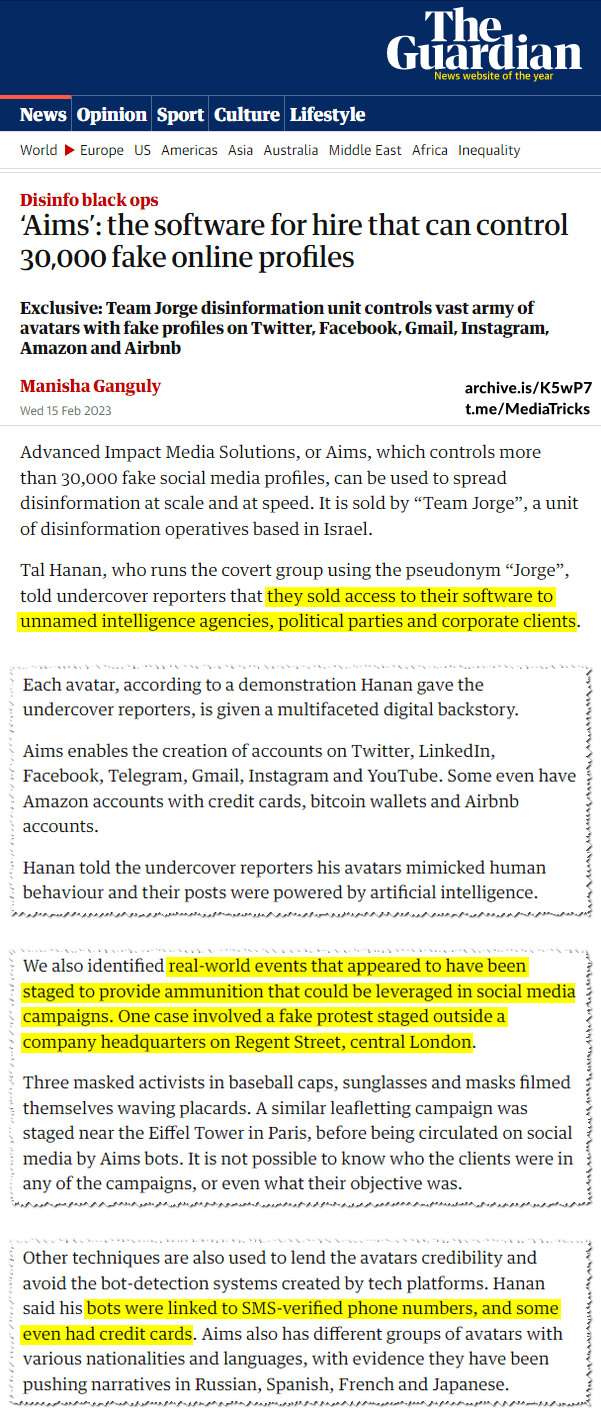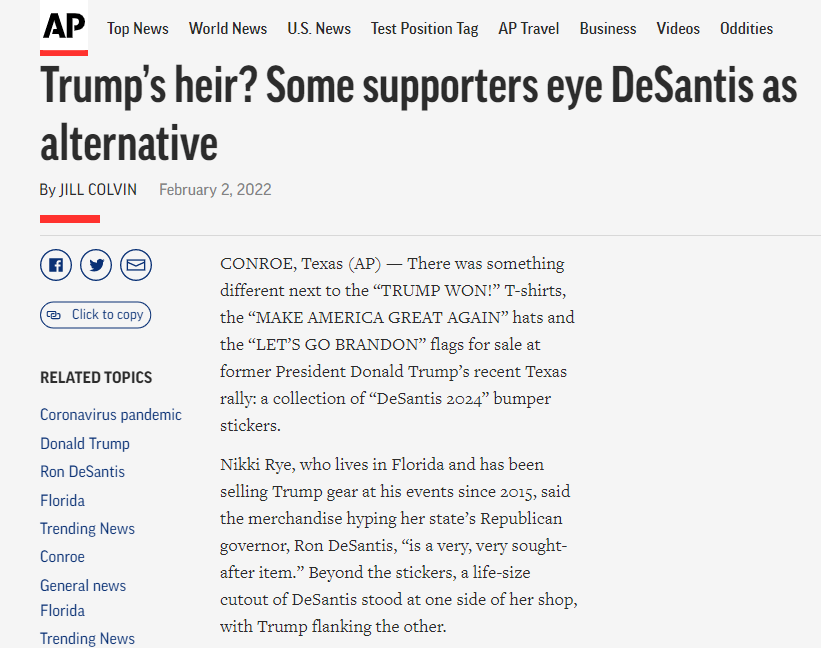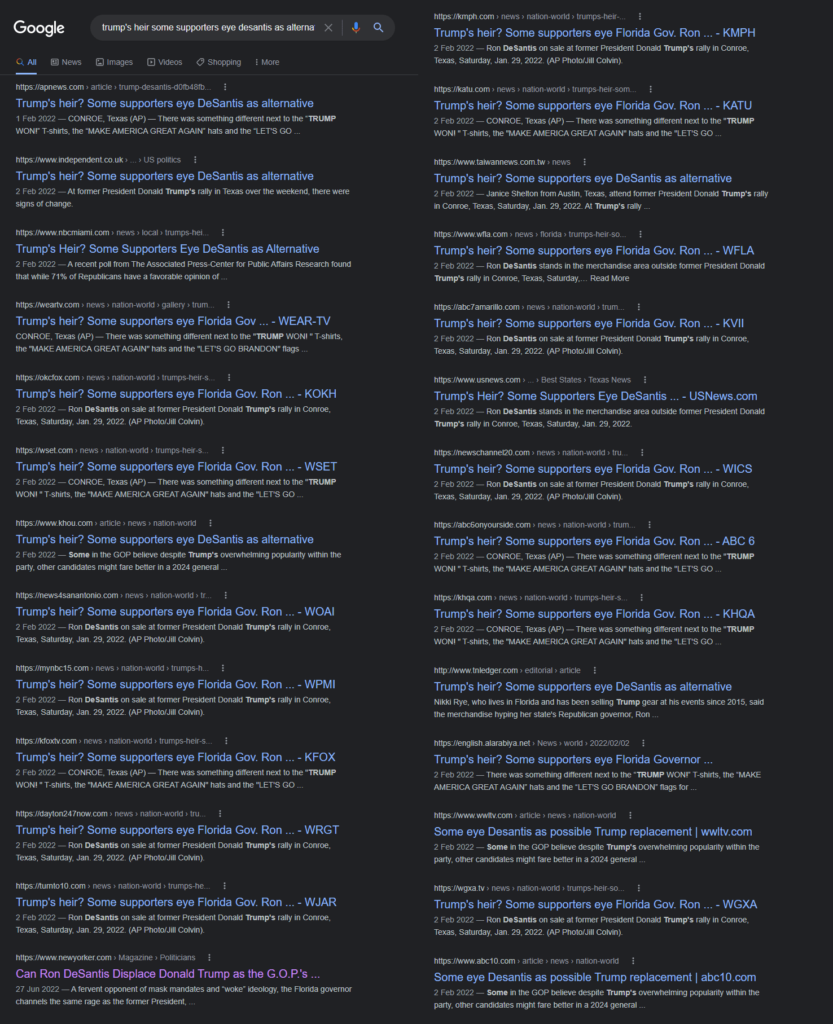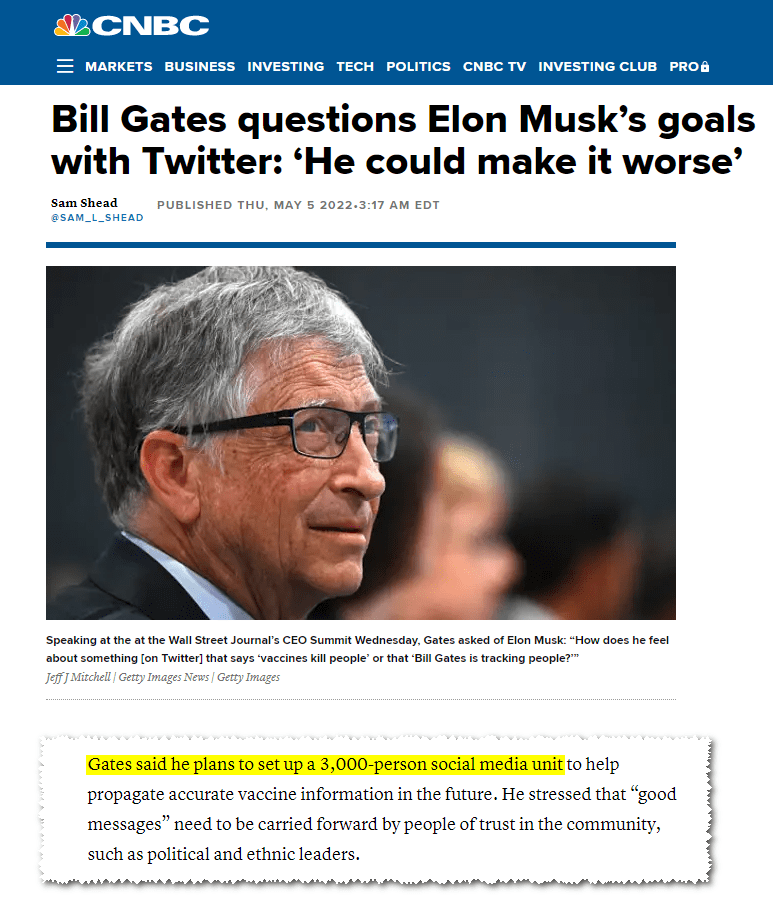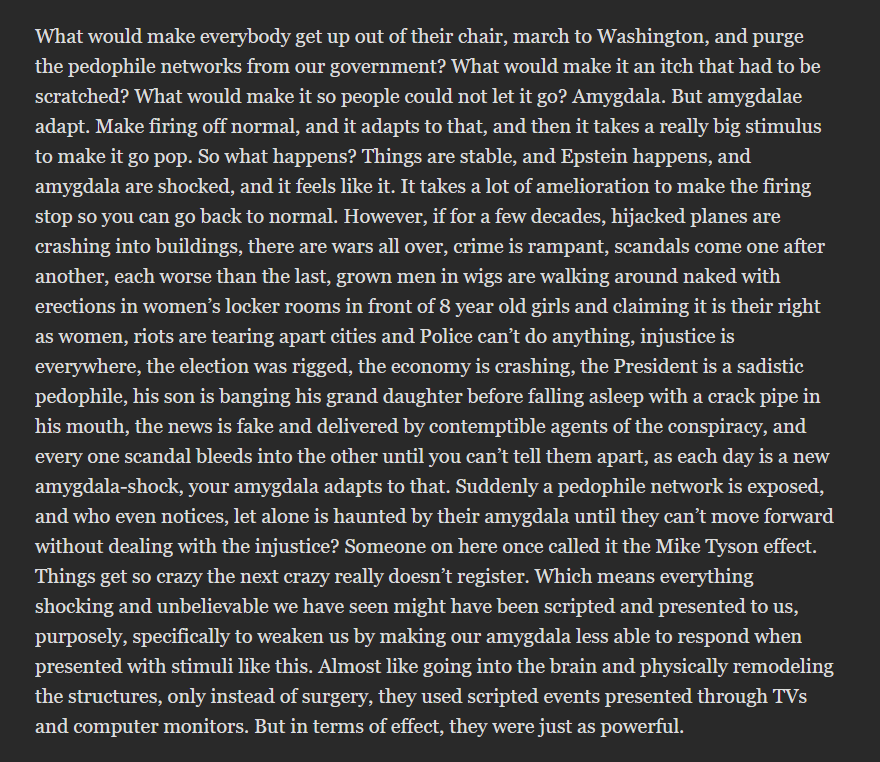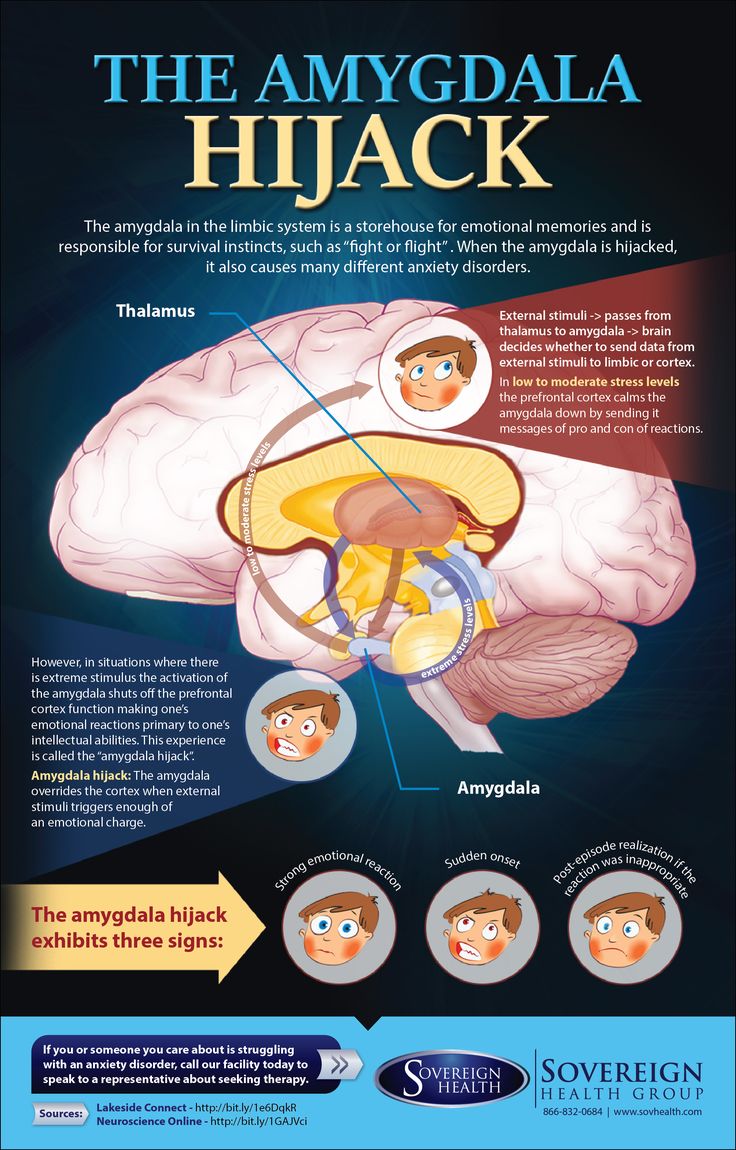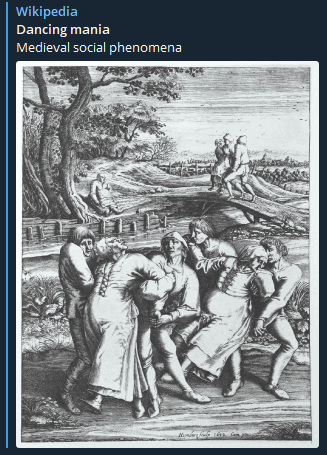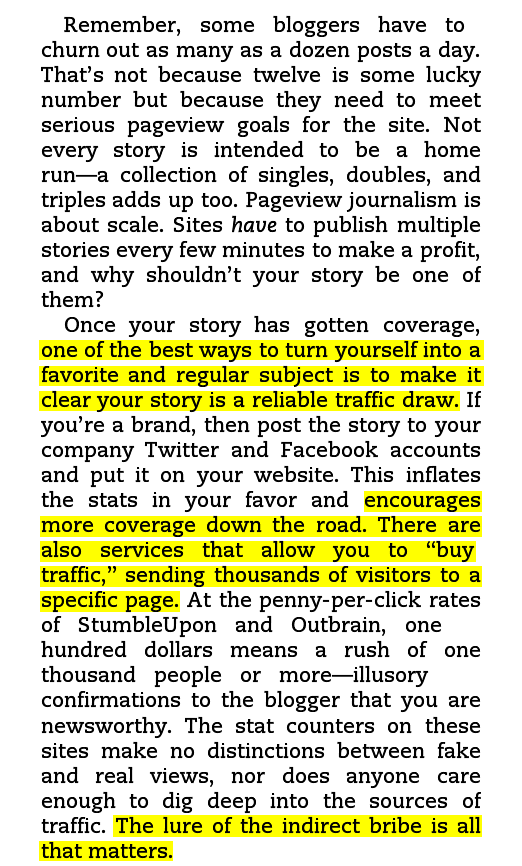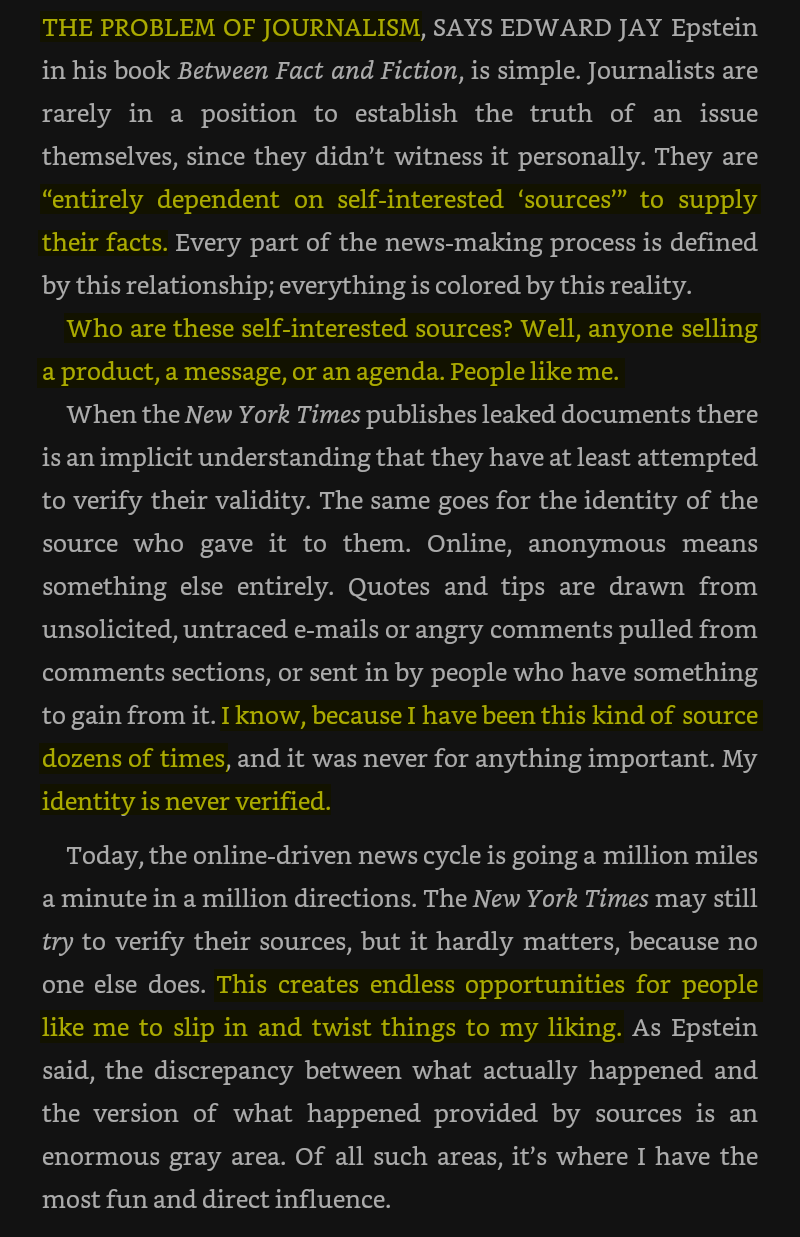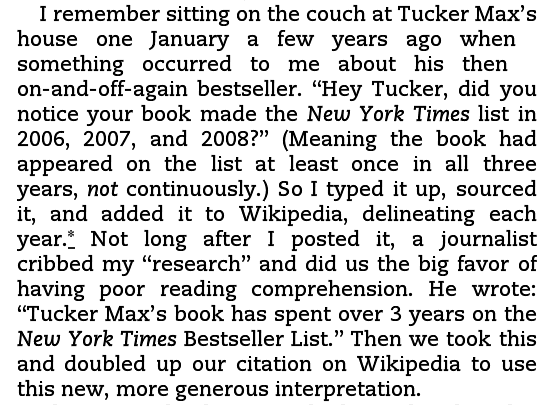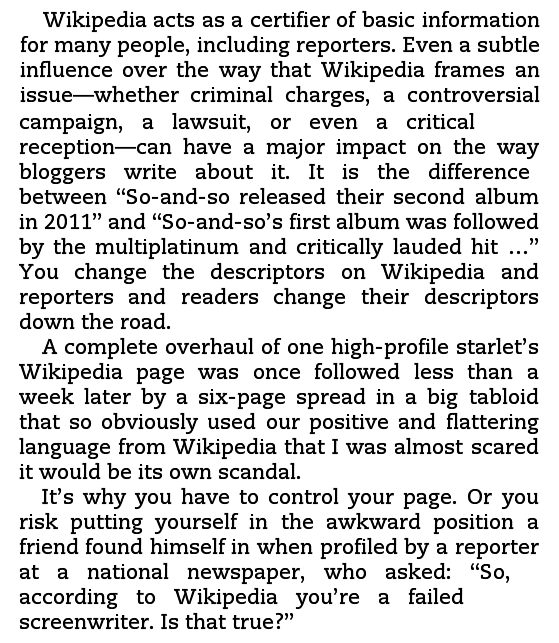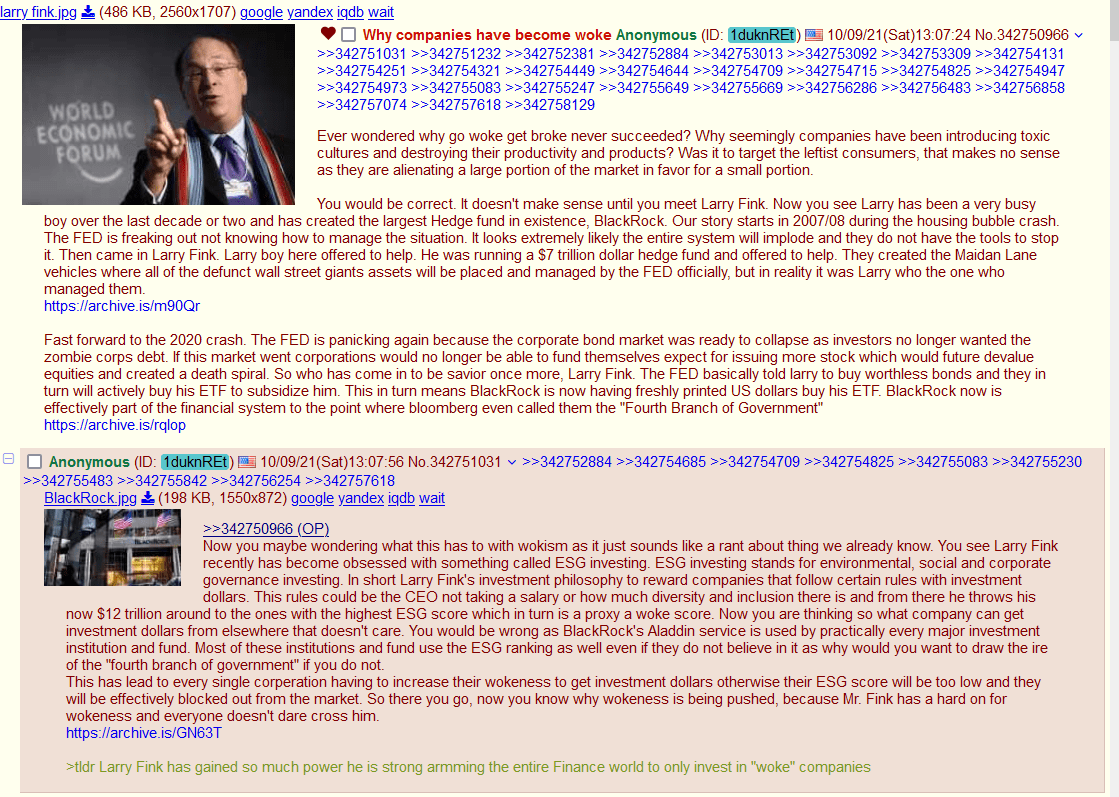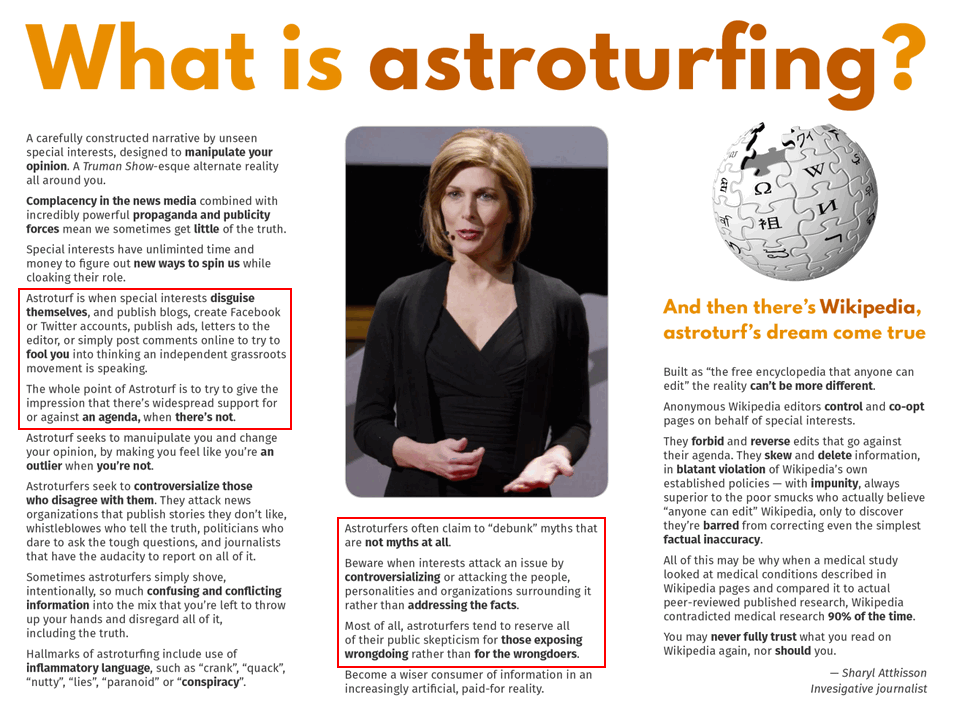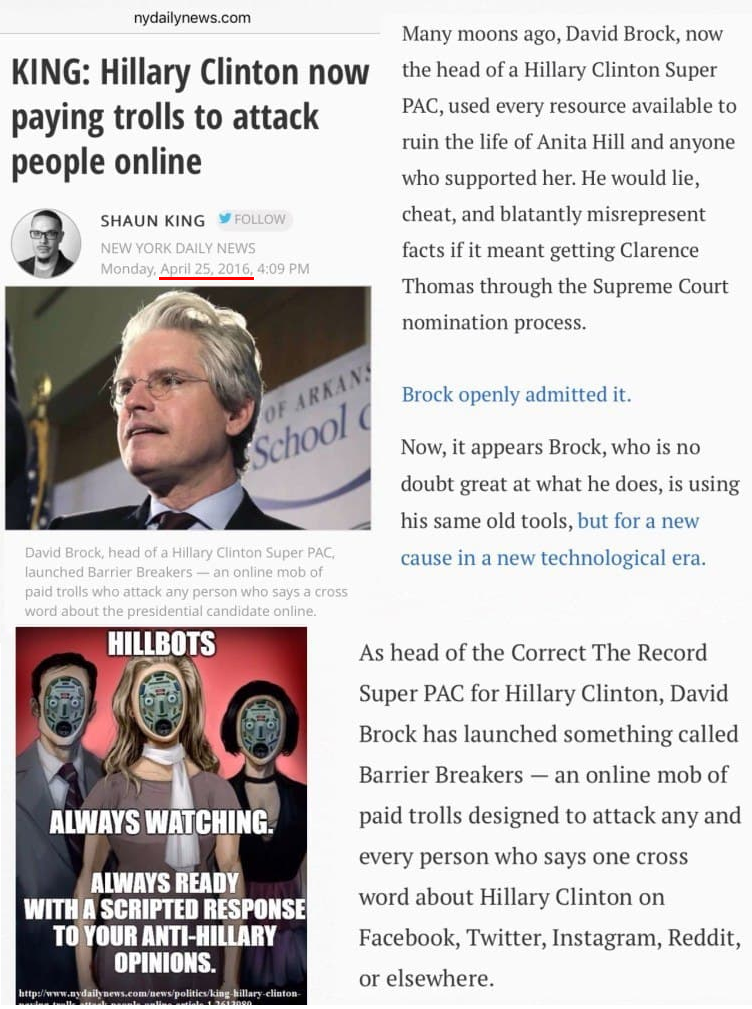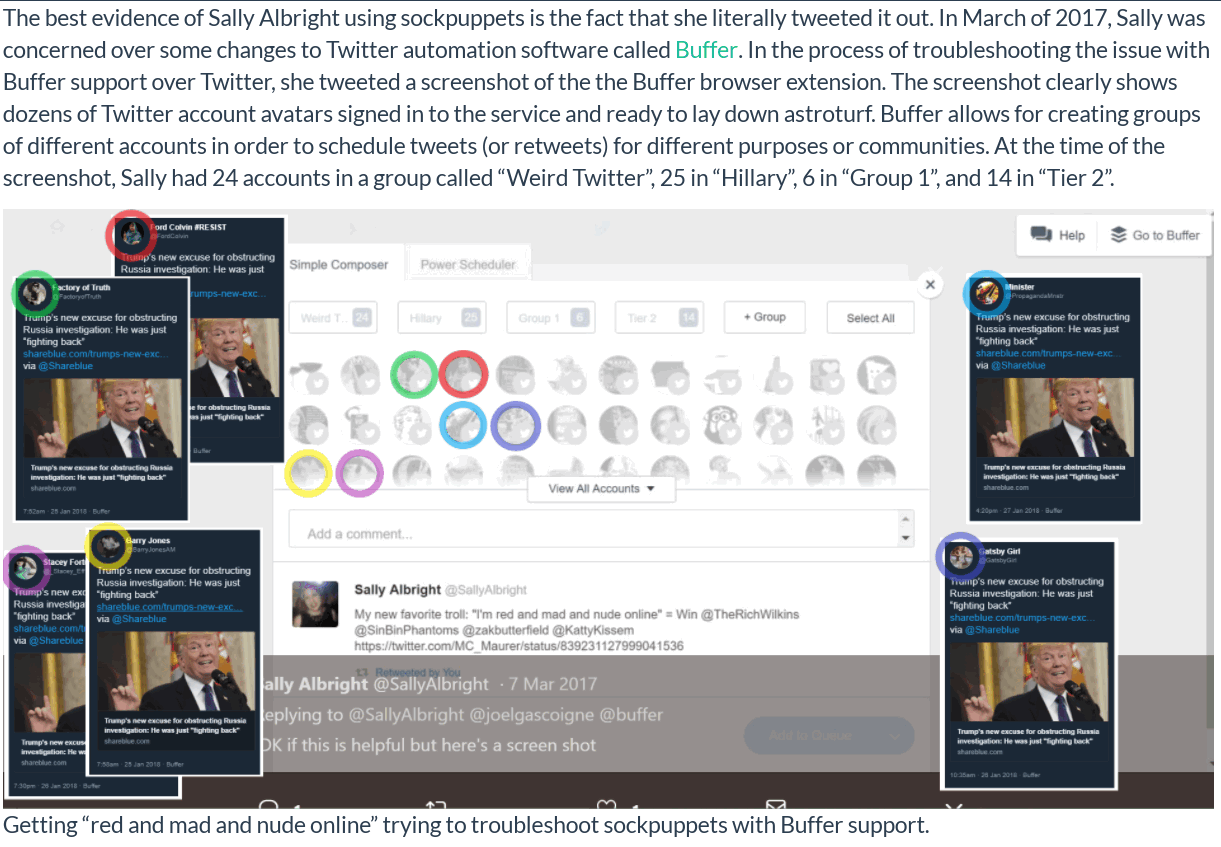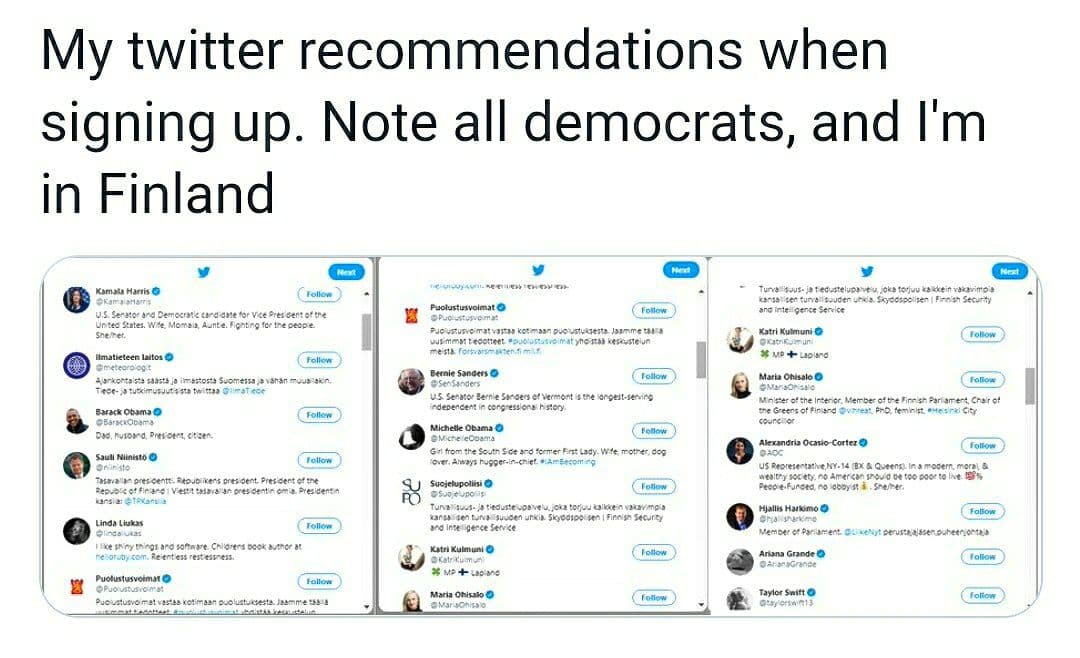astroturfing
How Associated Press Pushes a Narrative To The Entire Media
Controlled Media Caught Again, All Reading From The Same Script
Bill Gates says he’s building a 3000-person team to spread his propaganda on Social Media
They have pacified us with “Craziness Burnout”, so they can rape and pillage our nations
Dancing Mania and other social contagions
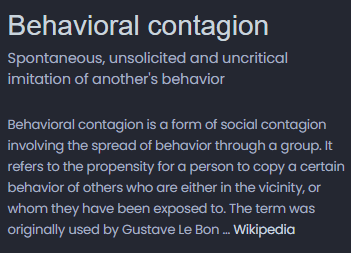
Dancing mania (also known as dancing plague) was a social phenomenon that … involved groups of people dancing erratically, sometimes thousands at a time … until they collapsed from exhaustion and injuries.
![The outbreaks of dancing mania varied, and several characteristics of it have been recorded. Generally occurring in times of hardship, up to tens of thousands of people would appear to dance for hours, days, weeks, and even months.
Women have often been portrayed in modern literature as the usual participants in dancing mania, although contemporary sources suggest otherwise. Whether the dancing was spontaneous, or an organized event, is also debated. What is certain, however, is that dancers seemed to be in a state of unconsciousness and unable to control themselves.
In his research into social phenomena, author Robert Bartholomew notes that contemporary sources record that participants often did not reside where the dancing took place. Such people would travel from place to place, and others would join them along the way. With them they brought customs and behaviour that were strange to the local people. Bartholomew describes how dancers wore "strange, colorful attire" and "held wooden sticks".
Robert Marks, in his study of hypnotism, notes that some decorated their hair with garlands.[7]: 201 However, not all outbreaks involved foreigners, and not all were particularly calm. Bartholomew notes that some "paraded around naked" and made "obscene gestures". Some even had sexual intercourse. Others acted like animals, and jumped, hopped and leaped about.
They hardly stopped, and some danced until they broke their ribs and subsequently died. Throughout, dancers screamed, laughed, or cried, and some sang. Bartholomew also notes that observers of dancing mania were sometimes treated violently if they refused to join in. Participants demonstrated odd reactions to the color red; in A History of Madness in Sixteenth-Century Germany, Midelfort notes they "could not perceive the color red at all", and Bartholomew reports "it was said that dancers could not stand... the color red, often becoming violent on seeing [it]".](https://mediatricks.org/wp-content/uploads/2022/03/dancing-mania.png)
Imagine the spread of dysfunctional social contagions now that social media has burst onto the scene..
Publicists buy fake web traffic to pump up the stats of any publicity the media gives their clients
Buying followers is cheaper than you think
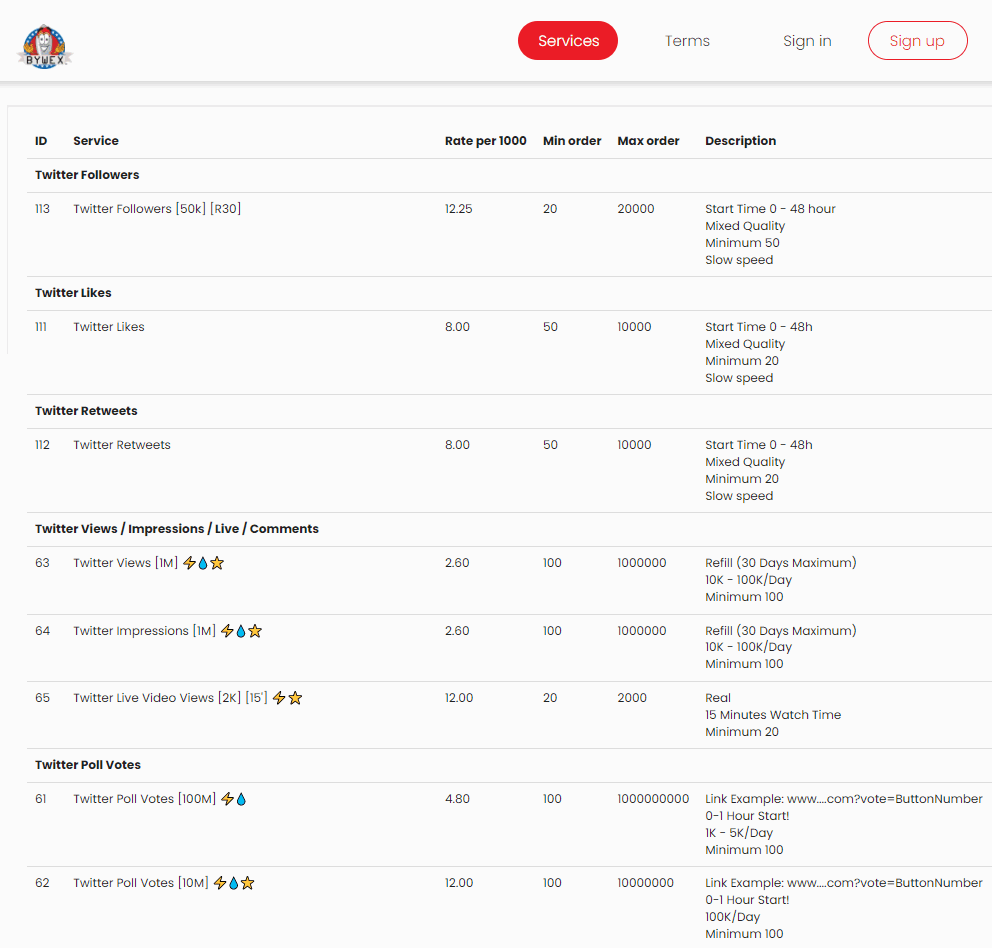
You can even buy fake YouTube livestream viewers, and many other things.
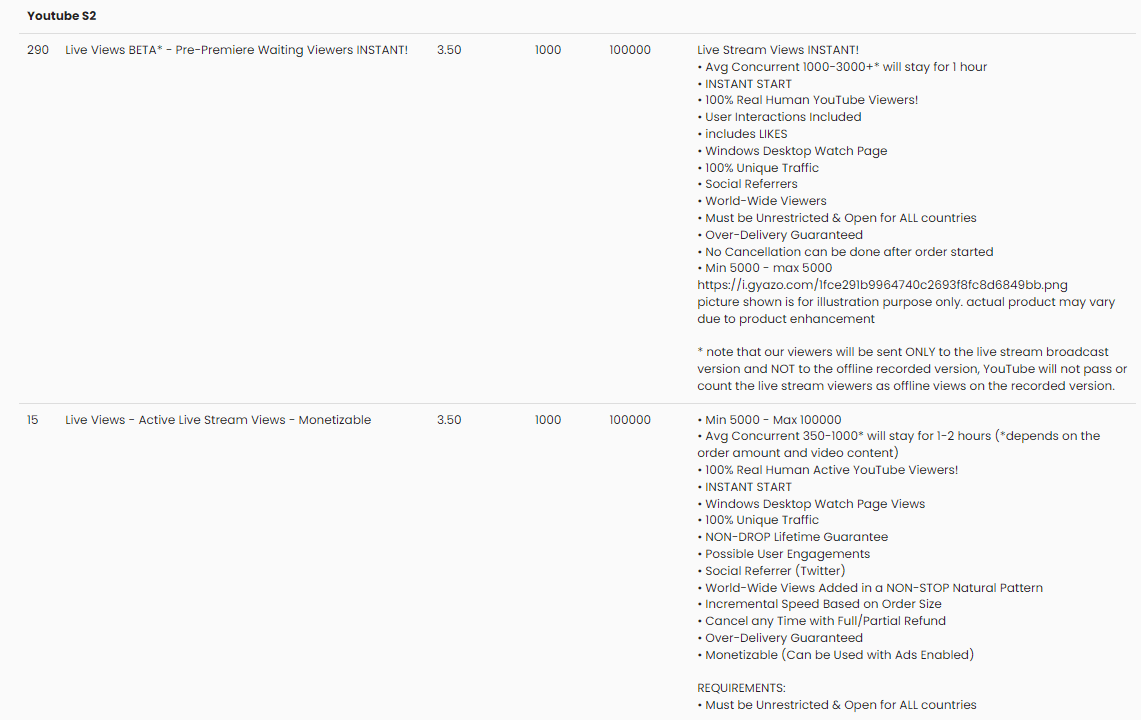
You can see the other Scam Tricks they sell here:
https://smm.bywex.com/services
A Media Manipulator reveals the scam of “sources”
How Publicists Manipulate Journalists to Control Wikipedia
Celebrities and influencers will tweet your words for money and you can hire them easily
SponsoredTweets.com has got you covered.
Money talks… using celebrity mouths

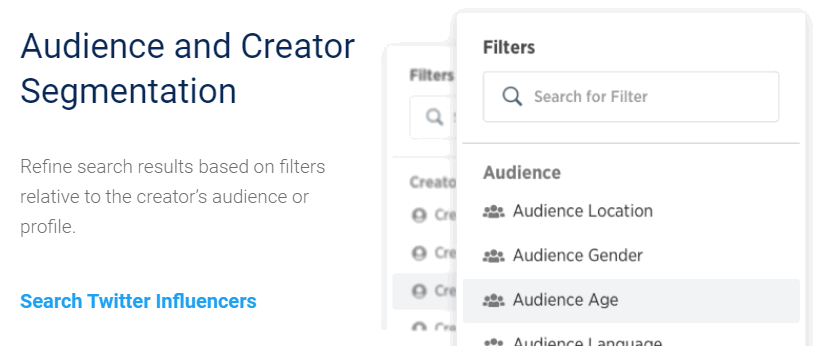
The hunger for Blackrock investment cash is a big reason why corporations Go Woke
What is Astroturfing?
After jihad bombing, Cosmo pretends a kind Sikh is a Muslim
Feminist Students Editing Wikipedia
Hillary’s multi-million dollar Troll Army targeted Bernie supporters online
Teen Vogue’s Predatory Propaganda
Teen Vogue works hard to brainwash young girls. The owner, Advance Publications, is one of the largest media companies in the world.
They are systematically training young girls to trust propaganda more than they trust their own instincts.
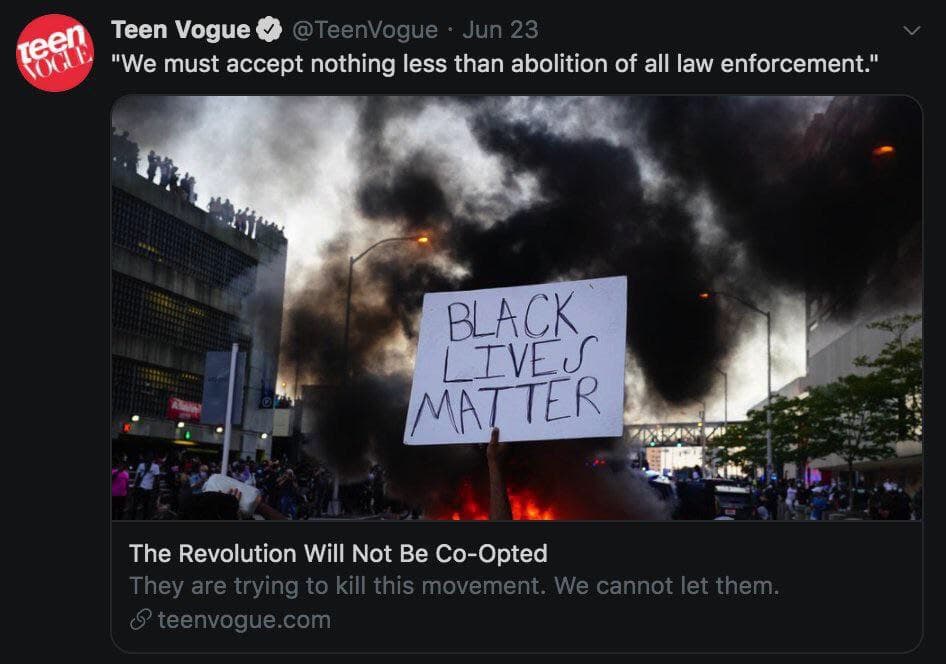
Why would the Teen Vogue propaganda outlet try to convince teenage girls to support abolishing all law enforcement?
How will teenage girls survive in a world where no laws are enforced?
Total and complete lawlessness.. who benefits from such propaganda?
Predators and Criminals.
Canadian Journalist Quits CBC After Admitting the Network Pumps Out Far Left Propaganda and Ignores Real Issues
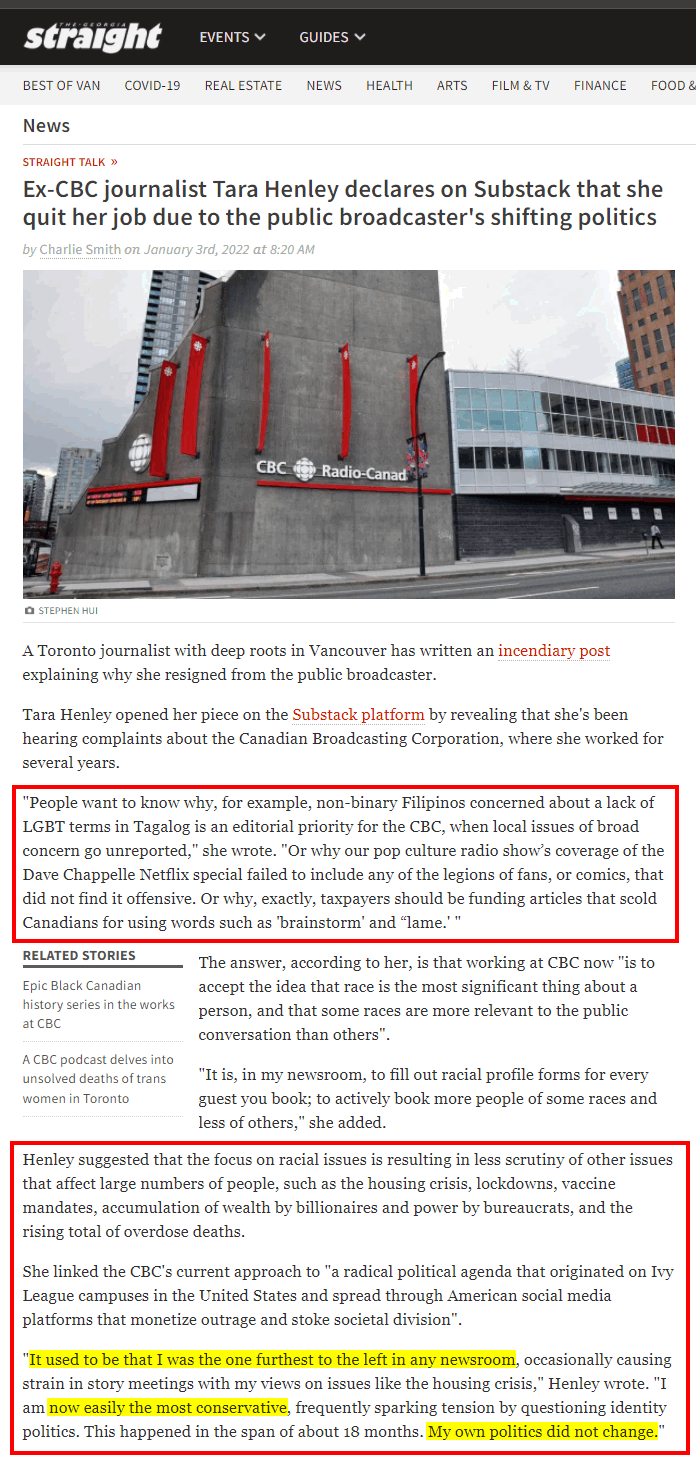
She says: “In a short period of time, the CBC went from being a trusted source of news to churning out clickbait that reads like a parody of the student press.”
She says working at the CBC is to “abandon journalistic integrity” and to “sign on, enthusiastically, to a radical political agenda”.
You can read her full post here: https://tarahenley.substack.com/p/speaking-freely
